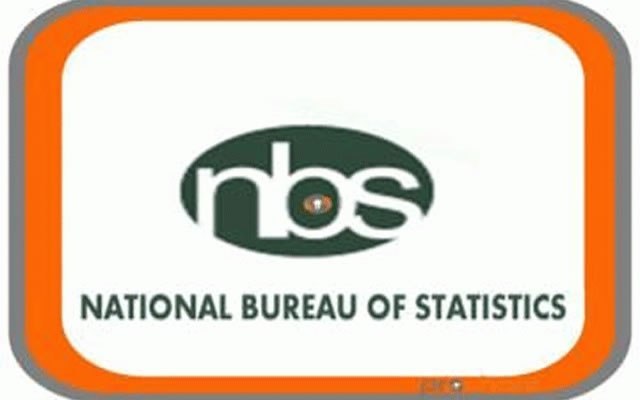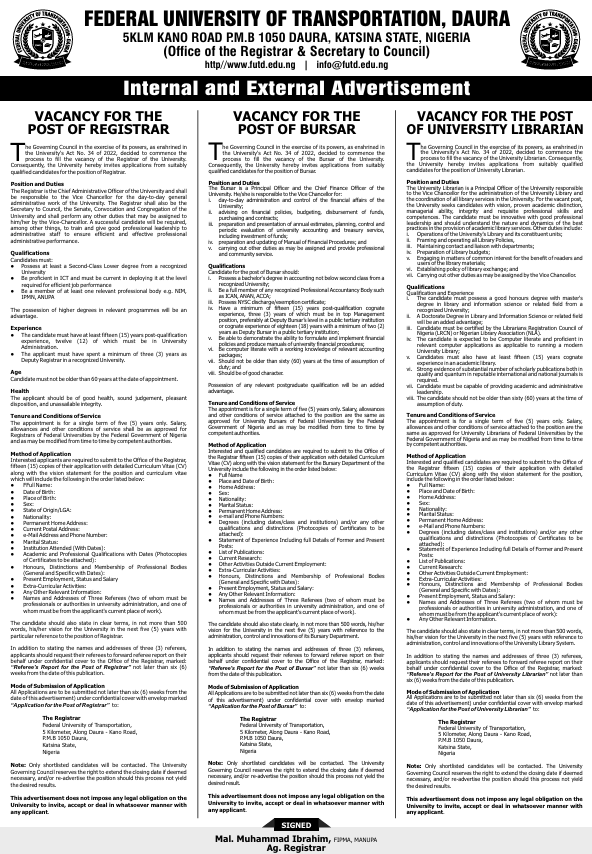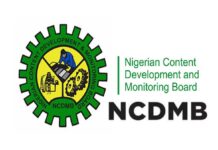The Federal Government spent N2.95tn last year on the importation of Premium Motor Spirit, also known as petrol. The amount increased by nearly 50 per cent.
Data from the National Bureau of Statistics on Monday showed that the country spent N1.97tn on PMS imports in 2017, N1.63tn in 2016 and N1.14tn in 2015.
The Nigerian National Petroleum Corporation has been the sole importer of petrol into the country for more than a year as private oil marketers stopped importation due to a shortage of foreign exchange and increase in crude oil prices, which was said to have made the landing cost of the product higher than the official pump price of N145 per litre
Petrol imports accounted for 22.4 per cent of the nation’s total imports in 2018, up from 20.6 per cent in 2017, 18.4 per cent in 2016 and 17 per cent in 2015.
PMS import, which averaged 56.5 million litres per day in January, jumped to a high of 86.4 million lpd in February, according to the data obtained from the Pipelines and Product Marketing Company, a subsidiary of the NNPC.
It stood at 66.8 million lpd in March, 70.7 million lpd in April, 36.7 million lpd in May, and 34.5 million lpd in June. It was 36.5 million lpd in July, 58.4 million lpd in August, and 57.8 million lpd in September.
Analysis of the data from the PPMC and the Department of Petroleum Resources showed that petrol import averaged 55.1 million litres per day in the first nine months of last year, compared to 48.5 million lpd in the same period in 2016.
PMS import averaged 49.2 million lpd and 49.8 million lpd in 2015 and 2016 respectively, DPR data showed.
In October last year, the Senate initiated a fresh investigation into an alleged illegal subsidy payment on PMS, but the NNPC denied “the insinuation that it has in its custody a $3.5bn subsidy fund.”
The Senate had set up an ad hoc committee to investigate an alleged $3.5bn account kept by the NNPC for petrol subsidy payment.
The corporation noted that it initiated the move to raise a revolving fund of $1.05bn, being the sole importer and supplier of white products in the country, adding that the fund had been domiciled in the Central Bank of Nigeria.
The Managing Director, PPMC, Mr Umar Ajiya, in his presentation at an industry event in November, said the existence of arbitrage opportunities in neighbouring countries had encouraged cross-border smuggling of the product and pushed daily national consumption from less than 35 million lpd to over 55 million lpd.
READ ALSO: Volkswagen Touareg to offer V6 petrol engine in new model
The Group Managing Director, NNPC, Dr Maikanti Baru, said in March 2018 that the multiplication of filling stations had energised unprecedented cross-border smuggling of petrol to neighbouring countries, making it difficult to sanitise the fuel supply and distribution matrix in Nigeria.
He explained that because of the obvious differential in petrol price between Nigeria and other neighbouring countries, it had become lucrative for the smugglers to use the frontier stations as a veritable conduit for the smuggling of products across the border.
He stated that this had resulted in a thriving market for Nigerian petrol in Niger Republic, Benin Republic, Cameroon, Chad and Togo as well as Ghana, which has no direct borders with Nigeria.
“The NNPC is concerned that continued cross-border smuggling of petrol will deny Nigerians the benefit of the Federal Government’s benevolence of keeping a fix retail price of N145 per litre despite the increase in PMS open market price above N171 per litre,” he added.













